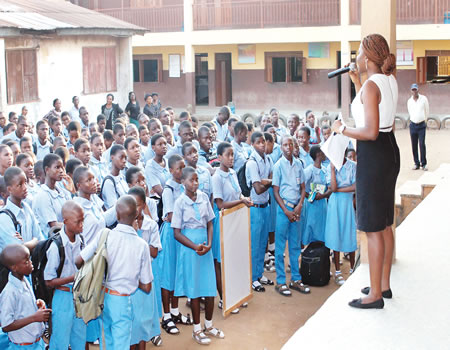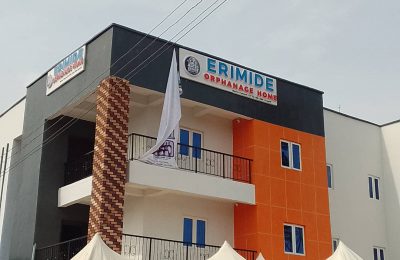

PRIVATE school owners in the country have declared that the effects of the recent fuel subsidy removal by the Federal Government on their costs of operation may push them to jerk up their school fees.
The President of the National Association of Proprietors of Private Schools (NAPPS), Yomi Otubela, made the declaration alongside other participants at a virtual dialogue held on Thursday by the association.

The topic of the dialogue was ‘Government Policies and Resultant Effects on Private School Administration: A Case Study of the Removal of Fuel Subsidy’.
According to the participants, the cost of running private schools in the country even before the removal of fuel subsidy was huge and becoming unbearable for many.
Otubela said: “Now that fuel subsidy has been removed and the costs of goods and services, including transportation and running generators and other educational needs, have been on the rise, private schools may not have any other option than to increase tuition fees to remain in business.”
The participants advised the government to come up with palliative measures for the social service sector, private schools and other critical stakeholders in the education system in particular, to cushion the effects of its action on their operations.
According to them, the government needs to include their concerns in the ongoing negotiations with labour unions and other critical stakeholders so as to lessen their burden, too.
They said private schools provide quality education for a reasonable number of children in the country and parents are already financially burdened on many needs and they would not want to add to their burdens with tuition hike.
“It is required that government give special consideration and support to us at this critical time to grow and develop because of our crucial role to human capital and national development,” said one of the participants.
The participant said the only way to help private schools to minimise the impact of the subsidy removal is for the government to provide certain palliative measures for them.
They said the palliatives should include provision of school buses on lease agreement, training of teachers, giving of educational grants to teachers and administrators, establishment of educational banks to grant soft loans to teachers, school owners and parents and giving of tax holiday for teachers and schools.
They said although these measures would not totally solve their challenges, they would go a long way in keeping them in business and helping them to thrive without increasing tuitions.
On his part, the guest speaker at the forum, Mr Bismarck Rewane, a financial and economic expert, said the costs of running private schools now that subsidy had been removed would shoot up as the situation applies in every other business.
He said it would not be out of place for school owners to increase their tuition fees either now or later as one of the ways to mitigate the effect of the subsidy removal on their operations.
He urged the school proprietors to seek certain educational palliatives from the government such scholarship for some students from indigent homes, particularly at the basic level.
He also suggested the exploration of more digital learning to complement classroom learning.
READ ALSO FROM NIGERIAN TRIBUNE








